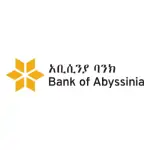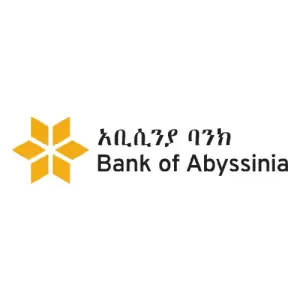The International Monetary Fund (IMF) will soon release its first evaluation report on macro-economic reforms by Ethiopia. This report marks a critical moment in the country’s economic transformation. Over the past three months, Ethiopia has implemented reforms to stabilize its economy and address issues in the foreign exchange markets.
Alvaro Piris Chavarri, the IMF Mission Chief for Ethiopia, is optimistic about the initial phase of these economic reforms. He praised the Ethiopian authorities for their decisive and well-prepared actions. Piris noted that the exchange rate reform has progressed well, although challenges remain. He emphasized the need to maintain momentum as they move forward.
The upcoming evaluation will assess the progress made under the Extended Credit Facility (ECF). This facility provides Ethiopia with approximately $3.4 billion to support its economic reforms. The first review of this program is expected to finish by January 2025. Discussions are underway regarding future phases focusing on monetary policy reform and revenue mobilization.
Piris identified two critical areas for ongoing reform: monetary policy and state-owned enterprises. Transitioning to a floating exchange rate system is a significant part of Ethiopia’s strategy. This change aims to alleviate foreign currency shortages that have hindered economic activity. Allowing market forces to determine currency value should enhance stability and support sustainable growth.
Debt restructuring discussions are also ongoing. Negotiations involve private creditors and other lenders. While specific progress details remain limited, these talks are essential for ensuring Ethiopia’s long-term financial health.
The IMF’s support aligns with initiatives from other international organizations, such as the World Bank. The World Bank recently approved significant financing to promote sustainable growth in Ethiopia. This multi-faceted approach shows a strong commitment from global partners to assist Ethiopia in overcoming its economic challenges.
Despite positive developments, significant challenges remain. The shift to a floating exchange rate has raised concerns about inflation and economic volatility. The depreciation of the Ethiopian Birr could increase costs for imported goods, impacting daily life for many Ethiopians already facing high inflation rates.
Structural issues within Ethiopia’s economy also pose risks. The country relies heavily on public investment and has limited private-sector growth. The government must ensure that reforms bring citizens tangible benefits, including job creation and improved public services.
Ethiopia stands at a crucial point in its economic reform journey. With initial solid support from international partners like the IMF and World Bank, there is potential for significant progress toward stability and growth. However, managing monetary policy effectively and maintaining dialogue with creditors will be vital.
More Stories
Dashen Bank Achieves Record Profits Amid Economic Challenges













1ooo527570486